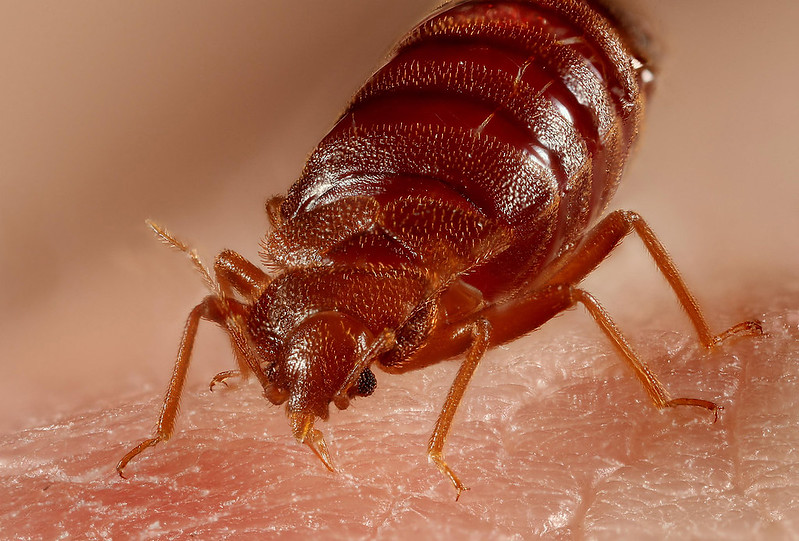
Seeing bed bugs in any home is nothing less than a nightmare.
These insects, which hide in beds and furniture, prefer to feed on human blood.
Once they enter a house, it’s very difficult to eradicate them completely, and now scientists have figured out how long these insects have been with humans.
A study published in the journal Biology Letters revealed that they have been living with humans for 60,000 years, coinciding with the time when people began living in caves.
In fact, scientists believe that bed bugs are the very first household pests in human history.
During the study, scientists analyzed the genetic history of two types of bed bugs.
One type lives with bats, while the other lives with humans. Both populations shrank during the last Ice Age, but the bed bugs living with humans managed to survive.
When humans began to settle permanently around 12,000 years ago, it created an ideal environment for bed bugs to thrive.
Their numbers increased rapidly with the spread of early cities, making them one of the oldest pests in human history.
Researchers noted that bed bugs also lived with humans in caves, and when humans moved to cities, the bed bugs came along.
They further explained that this helps to clarify why there have been fewer genetic changes in the human-associated bed bug species.
They stated that bed bugs adapted to human society and are now found all over the world.
According to researchers, the study makes it clear that the evolution of these insects is linked with humans.
Previously, in December 2024, a study from Hiroshima University in Japan revealed why it’s so difficult to eliminate bed bugs from homes.
Experts at Hiroshima University sequenced the bed bug genome.
This sequencing allowed scientists to study the genetic system of bed bugs.
The research uncovered specific genetic changes that have given bed bugs strong resistance to insecticides.
The research team analyzed genes in the bed bug genome that are affected by insecticides and those that confer resistance.
Genes affected by insecticides were found in bed bug samples from 60 years ago, while the resistance genes were discovered in samples from 2010.
These samples allowed scientists to compare older and newer genomes and understand how genetically these pests have evolved over time.
Researchers found that modern bed bugs have an extremely high resistance to harmful chemicals.
They explained that modern bed bugs have developed resistance to insecticides that is 20,000 times greater than that of older bed bugs.
They further stated that the comparison of past and present samples revealed 729 genetic changes.
They noted that even if you immerse bed bugs in insecticide fluid, they can survive.
The best way to avoid the problem of bed bugs is to prevent them from entering your home.
If you’re traveling outside the city, try to store your luggage in places where these pests are less likely to reach.
The results of this research were published in the journal Insects.






